School of Information Technology
Higher Certificate in Software Development
Qualification / Course Information
Minimum Duration:
1 Year
Minimum Credits:
120
NQF Level:
5
SAQA:
119053
MODE:
Contact Learning
CAMPUS:
Centurion (Pretoria), Durbanville (Cape Town), Musgrave (Durban) & Waterfall (Midrand)
LANGUAGE:
English
QUALIFICATION OVERVIEW
A software developer’s role involves more than just knowing how to code! The Higher Certificate in Software Development aims to equip anyone wishing to enter the software development field with sufficient skills to do so. The main objective of this programme is to provide the student with a broad knowledge of the most important aspects of software development, including understanding hardware and software interaction, software analysis and design (focusing on the object-oriented paradigm), database management and use, software implementation, testing and maintenance, as well as the security issues impacting the entire development cycle. The student will be equipped with problem solving and programming skills, ranging from algorithm development to the more advanced skills of programming using the Python scripting language. This programme will equip the student with the basic knowledge and skills needed to develop a reasonable-sized software application to automate the solution of a business problem of medium complexity, by participating in a 20-credit software development project. Moreover, students will be taught to consider legal, social and ethical implications in all aspects of the software engineering process, encompassing both existing and potential future technologies. This programme will equip learners with a sound theoretical foundation in respect of the software development discipline and develop the application skills required for entry into the IT job market.
Entry Requirements
THE ADMISSION CRITERIA FOR THE HIGHER CERTIFICATE IN SOFTWARE DEVELOPMENT ARE:
-
a National Senior Certificate (NSC) with a minimum of 30% in English Home Language or English First Additional Language; and a minimum of at least 40% for either Mathematics or Information Technology, or a minimum of at least 70% for Mathematical Literacy; OR
-
a National Senior Certificate (Vocational) (NC(V)) at Level 4, with a minimum of 30% in English Home Language or English First Additional Language; and a minimum of at least 40% for either Mathematics or Information Technology, or a minimum of at least 70% for Mathematical Literacy; OR
-
a Senior Certificate (SC) with a minimum of 30% (F) in English First Language(HG) or English Second Language (HG); and a minimum of at least 40%(E) for either Mathematics (HG) or Computer Studies (HG), or a minimum of at least 70%(B) for Mathematics (SG); and in addition
-
a minimum of 50% for the compulsory non-credit bearing entry/access module Computational Thinking, which is offered at the start of the programme, and which includes a provision for students to write an early test in order to fulfil this requirement.
To find out more about alternate access routes at STADIO, please click HERE
QUALIFICATION OUTCOMES
The qualifying student will be able to:
-
Demonstrate an understanding of what Information Technology in the broader sense entails and its use in diverse contexts (application domains).
-
Demonstrate an understanding of the terminology, tools and techniques applicable to software development, including the role of the software developer and some of the key characteristics thereof such as self-organisation and management.
-
Apply appropriate analysis and design methods and use a modern programming language and software development support environments and testing tools to implement software solutions to practical problems of medium complexity.
-
Demonstrate an understanding of the theoretical concepts of databases as well as the ability to design and extract information from both relational and semi-structured databases.
-
Demonstrate an understanding of the main issues in computer, network and information security and of mechanisms to implement different security services.
-
Apply technical expertise and teamwork skills, as a member of a software development team, to plan, design, programme and implement a software solution to a real-world business problem of medium complexity.
QUALIFICATION CURRICULUM
1st YEAR MODULES
-
Computational Thinking for Problem Solving
-
Fundamentals of Information Technology
-
Fundamentals of Object-Oriented Analysis and Design
-
Information Security for IS Practitioners
-
Introduction to Databases
-
Introduction to Programming and Program Development
-
Introduction to Web Programming
-
Software Development Project
-
Software Engineering
-
Technology and Society
WHAT TO STUDY NEXT
FURTHER STUDY OPPORTUNITIES:
Students who have completed credits at another higher education institution may apply for the transfer of those credits in line with STADIO’s CAT Policy. The recognition of credits for the purpose of transfer from one qualification to another is determined by the nature of the qualifications, the relationship between them, the nature, complexity, and extent of the curricula associated with the specific subjects to be recognised for credit and the nature of the assessment used. A maximum of 50% of credits of a completed qualification may be transferred via CAT, while all credits from an incomplete qualification may be transferred, provided that no more than 50% of the credits on the receiving qualification are awarded via CAT.
CAREER OPPORTUNITIES
Below are some key career opportunities that you may consider once you have completed this qualification:
-
Database Administrator
-
Entry-level Software Developer
-
Entry-level Web Developer
